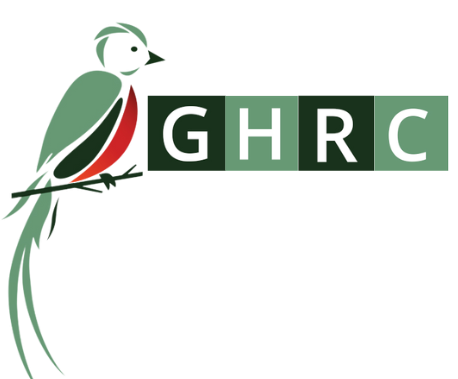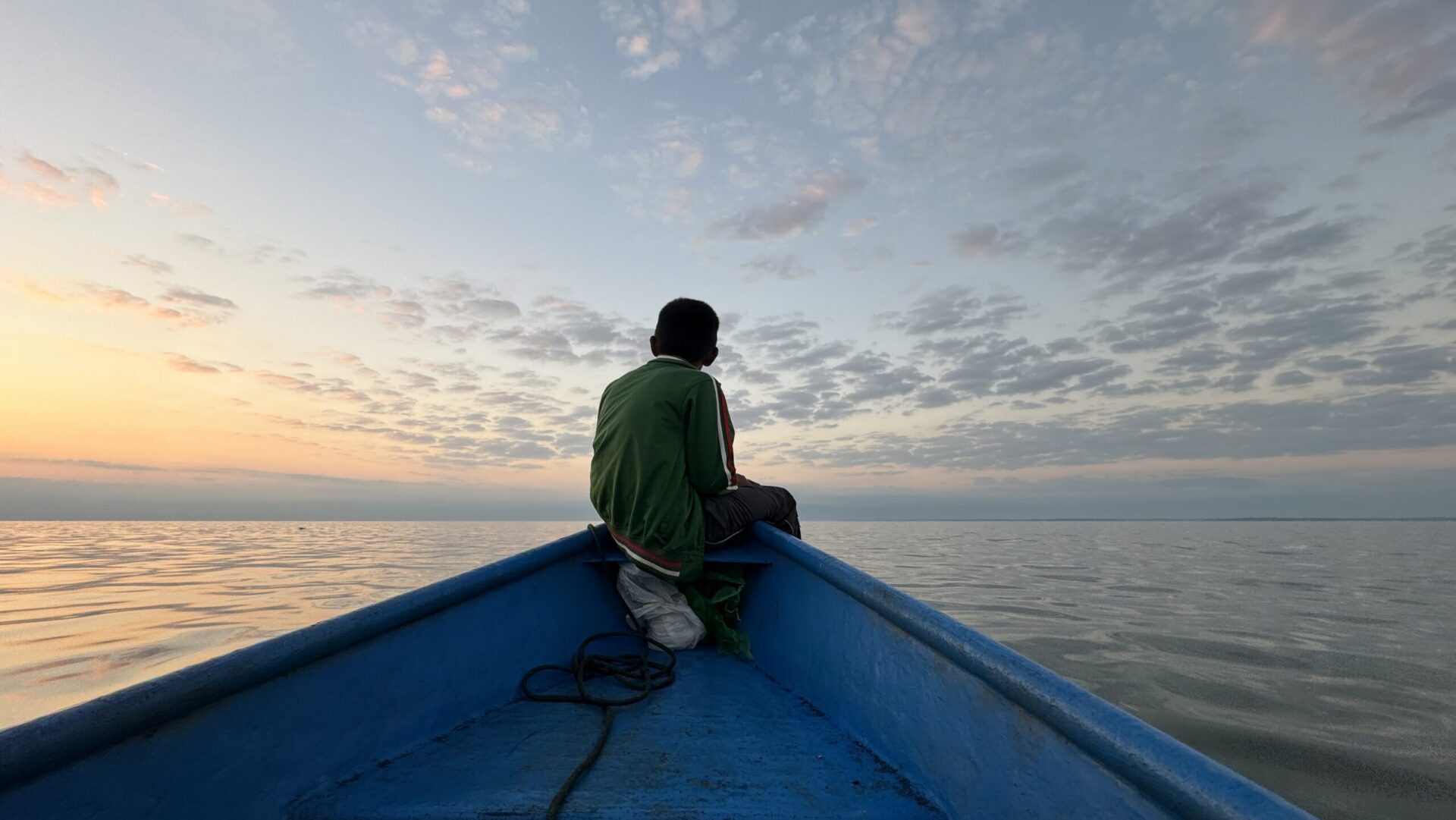WOLA | ICTJ | GHRC | CEJIL | DPLF | Impunity Watch | Plataforma Internacional contra la Impunidad
Guatemala, Washington D.C. and San José, February 1, 2016.- Today the trial begins in the “Sepur Zarco” case of acts of sexual violence and domestic and sexual slavery committed from 1982 to 1986 by members of the Guatemalan army against Maya Q’eqchi’ women and the forced disappearance of several men. The accused in the case are former soldier Esteelmer Francisco Reyes Girón and former military commissioner Heriberto Valdez Asig.
This will be the first time in the world that a national court has tried a case of wartime sexual slavery case – other cases have been heard in international criminal tribunals – and the first time in Guatemala that crimes of sexual violence have been tried as international crimes. “The Guatemalan judicial system has been a pioneer in investigating complex crimes, demonstrating to other countries that confront similar challenges that it can be done,” stated Leonor Arteaga, a program officer with the Due Process of Law Foundation (DPLF).
In Guatemala, the use of violence against women during the armed conflict as a weapon of terror and domination was obscured for a long time. “The Historical Clarification Commission (CEH) determined that sexual violence during the internal armed conflict was used in a generalized, widespread and systemic manner as part of the State’s counterinsurgency policy,” said Jo-Marie Burt, a senior fellow at WOLA.
For decades, many cases such as the Sepur Zarco case have been met with silence and impunity. Recently, some judicial processes for crimes committed during the internal armed conflict have advanced despite the resistance and obstacles they face, thanks to efforts headed by the Public Prosecutor’s Office and the High-Risk Courts.
“The Sepur Zarco case constitutes an example of perseverance and bravery on the part of the women survivors and the groups that accompany them, who have overcome fear and have undertaken this path towards justice,” stated Kelsey Alford-Jones, Executive Director of the Guatemala Human Rights Commission (GHRC).
The signing organizations stand in solidarity with the survivors, especially with the women who will present their testimony in court, a show of bravery and strength. We lament the statements from sectors that seek to discredit them. We also express our support for the Alliance for Breaking Silence and Impunity that has accompanied the victims in their search for justice.
“Guatemala is obligated to guarantee access to justice for women victims of sexual violence. We call on the authorities to respect judicial independence, guarantee due process and, most especially, that they avoid delay tactics that impede punishment for those responsible for these serious crimes,” stated Marcia Aguiluz, Program Director for Central America and Mexico at the Center for Justice and International Law (CEJIL).
Finally, we applaud the decision of the Supreme Court of Justice to permit use of its courtroom for the trial, in order to facilitate access for the public and those who want to show solidarity. This trial, of national and international interest, represents a new opportunity for Guatemala to address its historic failure to provide truth, justice and reparations, to publicize and punish the violence against women during the conflict, and to avoid repetition of these abhorrent crimes.
Contacts:
Jo-Marie Burt, WOLA, jmburt.wola@gmail.com, US number in Guatemala (1) 703-946-9714
Leonor Arteaga, DPLF, larteaga@dplf.org, number in Guatemala (+502) 5829-1253
Kelsey Alford-Jones, GHRC, kajones@ghrc-usa.org, US number (1) 22-529-659
Marcie Mersky, ICTJ, mmersky@ictj.org, US number (1) 917 637 38909
Antonio Jaén Osuna, CEJIL, ajaen@cejil.org, number in Costa Rica (+506) 2280-7473
Anabella Sibrián, Platform Against Impunity, representante@plataforma.org.gt, number in Guatemala (+502) 5060 0065
Mónica Mazariegos, Impunity Watch, monica.mazariegos@impunitywatch.org, number in Guatemala (+502) 23630612.

